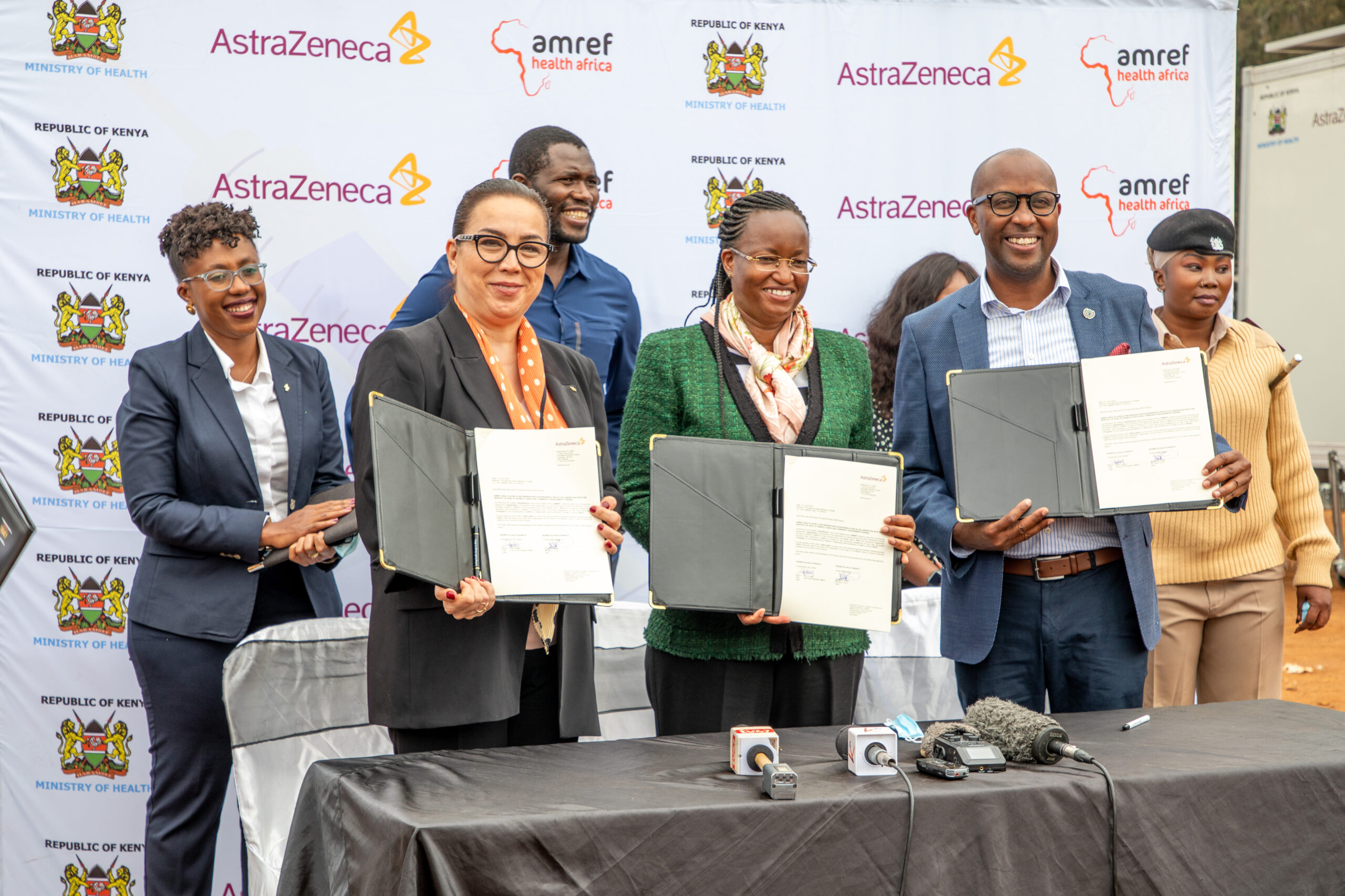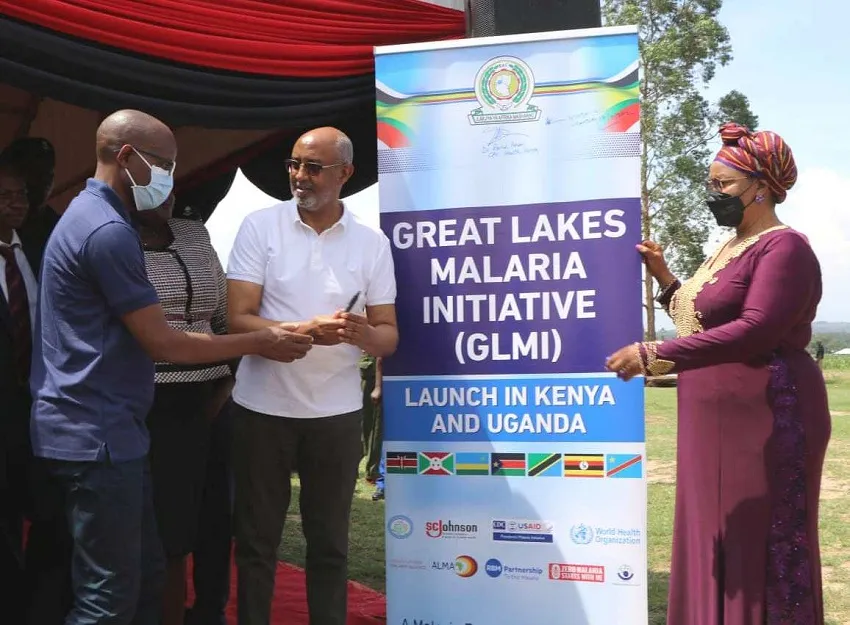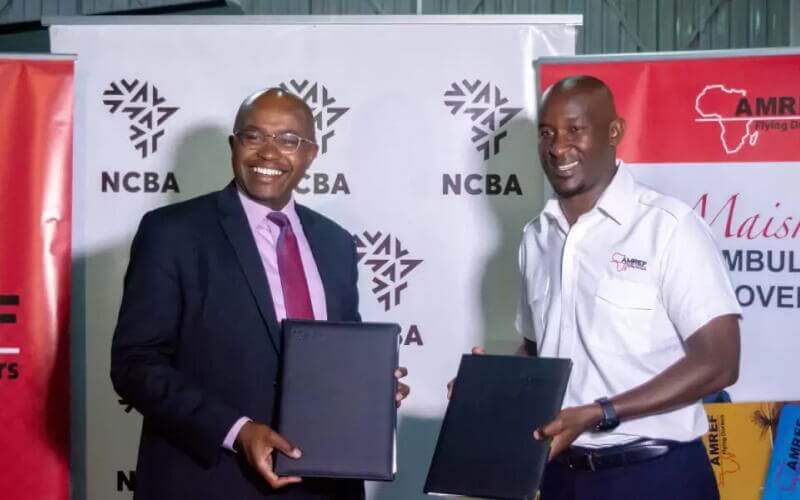Amref Health Africa Statement on Addressing Period Poverty and Stigma in Kenya
Friday, 17 February, 2023


Amref Health Africa is deeply concerned about the recent incident in the Kenyan parliament where a female senator was asked to leave the chamber because of a blood stain on her trousers. This unfortunate incident serves as a reminder of the need to address period poverty and the stigma surrounding menstruation, which affects millions of girls and women globally. The statistics on this issue are alarming, and more needs to be done to ensure that every girl and woman in Kenya can manage their menstrual cycle with dignity.
While we appreciate the Kenyan government’s efforts through the Basic Education Act amendment of 2017 to provide free and quality sanitary towels in government schools, significant barriers still exist. These obstacles hinder girls’ and women’s ability to access menstrual products and proper sanitation facilities, making it highly concerning that girl miss school and women miss work due to the lack of access to these basic needs. We commend Senator Gloria Orwoba for standing up against period shame and advocating for free sanitary pads and female hygiene products in all public schools in Kenya.
The fact that 65% of women and girls in Kenya cannot afford sanitary pads is alarming. The basic necessity is crucial in maintaining hygiene and preventing infection during menstruation. It is also concerning that only 50% of girls openly discuss menstruation at home, and just 12% would feel comfortable receiving information from their mothers. Additionally, the statistics revealing that 2 out of 3 pad users in rural Kenya receive them from sexual partners and 1 in 4 girls do not associate menstruation with pregnancy highlight how menstrual hygiene management is tied to gender inequity and other fundamental risks.
At Amref, we are committed to addressing menstrual hygiene management (MHM) by providing age-appropriate information on menstrual hygiene and health, engaging communities in education and dialogues, and supporting the development of quality standards for girl-friendly sanitation facilities. We also work to strengthen the capacity of county governments to implement menstrual health hygiene policies and deploy market-based models to increase access to a variety of quality and affordable menstruation products.
We call on governments, policymakers, the private sector and the public to eliminate period poverty and the stigma surrounding menstruation. Access to menstrual products and education on menstrual health is crucial to ensure that girls and women can live with dignity, free from shame and discrimination. We must work together to ensure that every girl and woman in Kenya can manage their menstrual cycle with dignity and without shame, stigma or inequity.
We stand with Senator Gloria Orwoba and all girls and women who face period poverty and stigma. Together, we can work towards a world where menstrual health is a basic human right, and no one is left behind.







